Eternal tradition: Chinese poetry TV show a surprise hit with audiences
2017-02-08 11:21 GMT+8
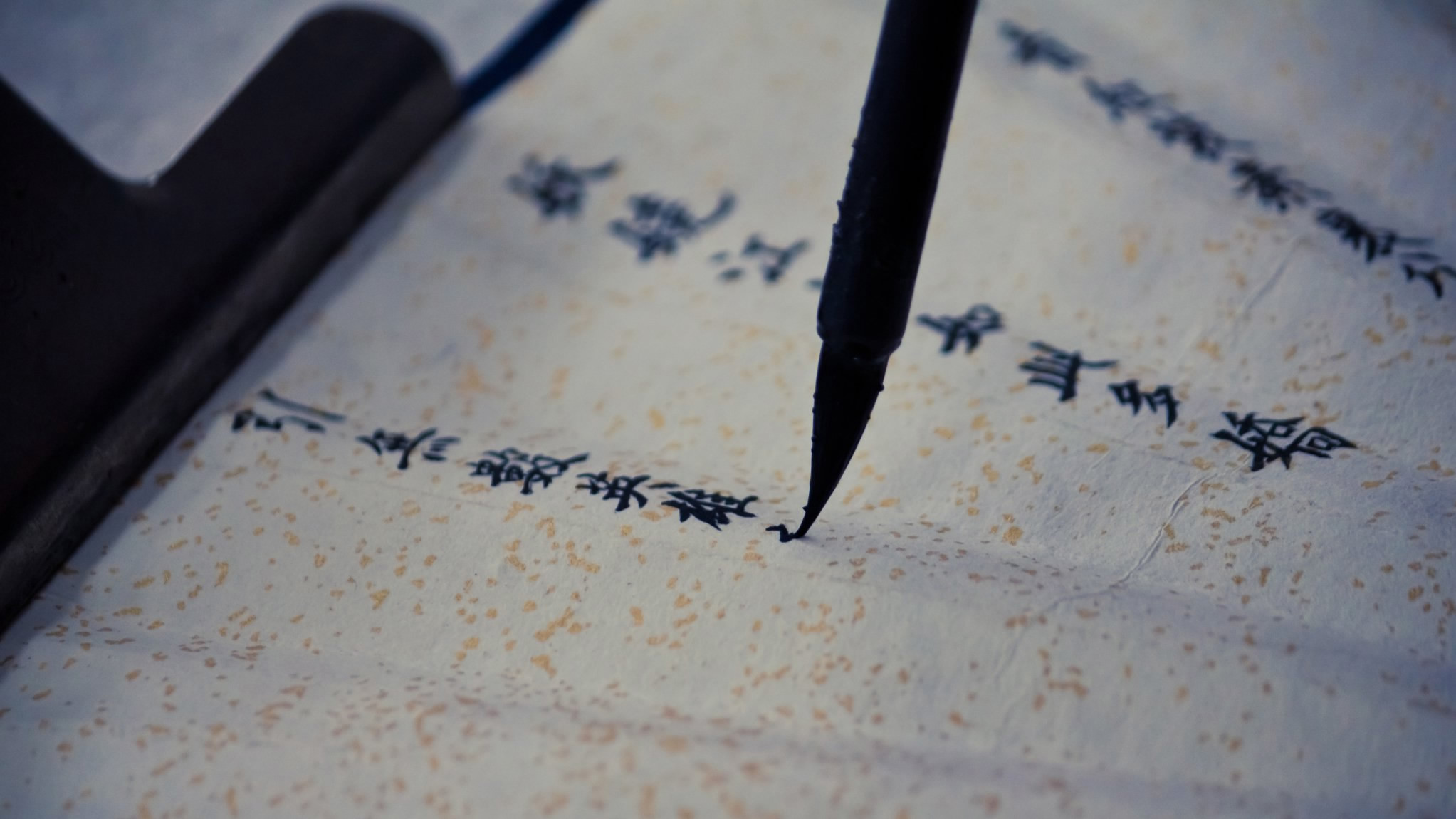
Editor
Ai Yan
A 16-year-old high school girl has recently shot to national fame. Although she might not be a pop star or a movie star, Wu Yishu, from east China’s Shanghai, has grabbed the public's attention for her broad knowledge of classical Chinese poetry.
During a poetry reciting contest held by China Central Television (CCTV), Wu Yishu defeated a PhD student from Peking University to win the fourth round of the championship, before going on to grab the seasonal crown of the event.
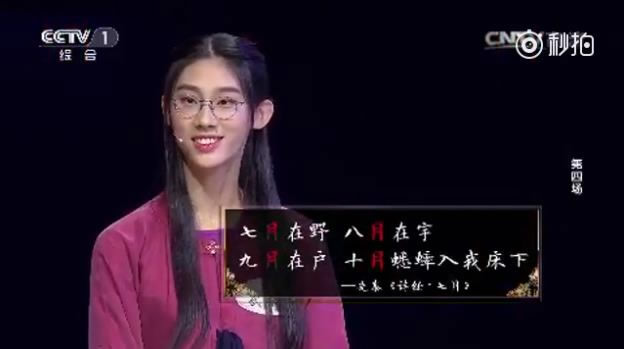
Screenshot from CCTV's program “Chinese Poetry Conference”
The contest, dubbed the “Chinese Poetry Conference,” has become a dark horse in terms of popularity after being aired during the Spring Festival holiday. It has emerged from a sea of vibrant variety shows, glittering galas and dazzling celebrations that have filled Chinese television screens, to become a trending topic on Sina Weibo as well as a must-watch event.
Competitors aged from as young as eight to over 60, come from all backgrounds and walks of life, including engineers, students, farmers, doctors, editors and delivery couriers. Even foreign fans of Chinese poetry have taken part, coming from countries including Singapore, Thailand and the United States. All of them have gathered in Beijing for the event to showcase their deep love for classical Chinese poetry.
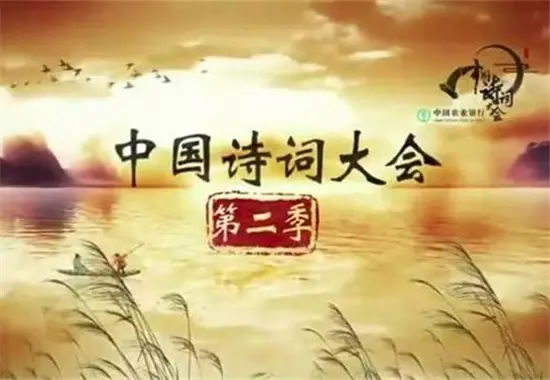
CCTV Photo
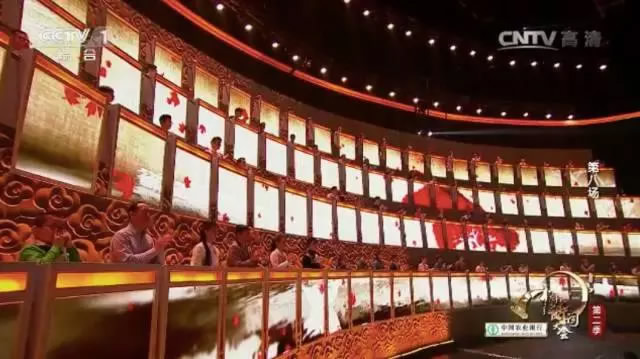
CCTV Photo
Classical Chinese poetry can trace its history back to the Spring and Autumn Period of almost 3,000 years ago. China's history has seen poets and masters of verse emerge like Du Fu and Li Bai of the Tang Dynasty, all the way up to the poets of the May Fourth Movement in 1919. Enjoying a variety of forms, genres and themes, the art of poetry in China is one of the shining beacons of the country's literature and culture. Knowledge of classical poems and literature was once an absolute prerequisite for ancient Chinese scholars and officials, showing its importance to the fabric of the nation.
In modern life, however, it seems that classical poetry has been in the doldrums for a long time, with China's ancient verse often only encountered by students studying for the Gaokao college entrance exams. Therefore, the overnight success of this program celebrating poetry has generated wide online discussion. Many netizens said after watching the TV show, they came to realize the beauty of the Chinese language and classical poetry, with some parents adding that their children have been inspired by the show and have started learning and reciting poems.
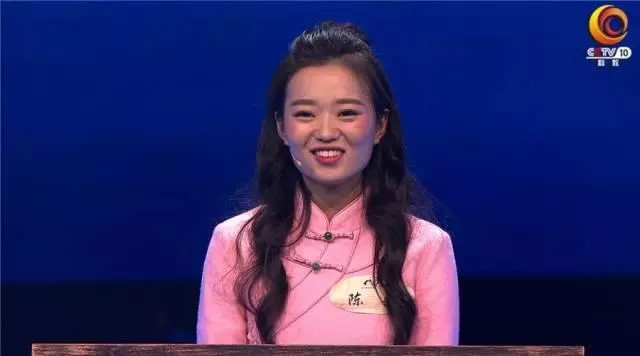
Competitor participates in the Chinese Poetry Conference./CCTV Photo
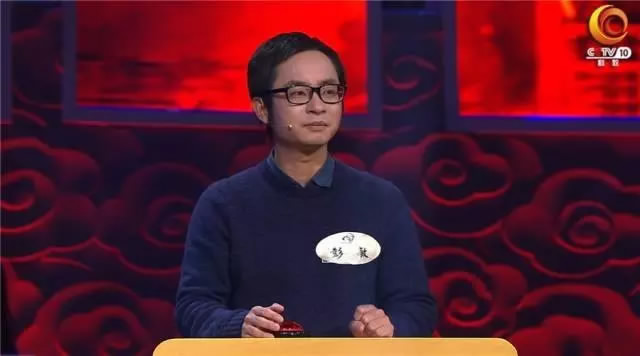
Competitor participates in the Chinese Poetry Conference./CCTV Photo
On the other hand, experts have been talking about what is behind the sudden enthusiasm for poetry, and how such a show on traditional culture is proving more popular than light entertainment programs.
Zhou Duwen, counselor of the Chinese Poetry Association, was cited by Xinhua News Agency as saying that the show was catering to a growing demand for more content about traditional Chinese culture. Meanwhile, the combination of ancient poetry and a competition-format entertainment show has made it easier for audiences to accept.
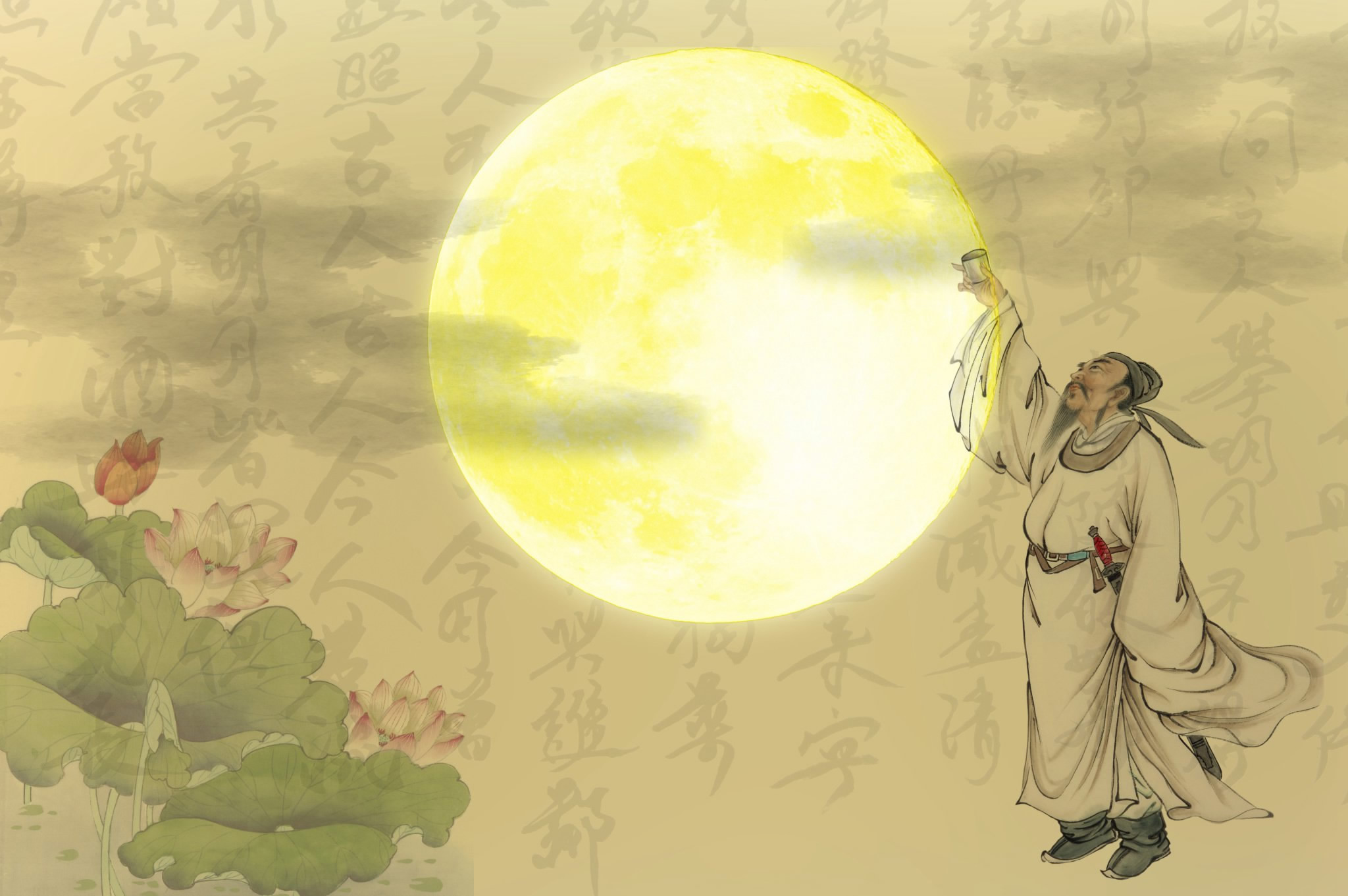
CFP Image
China has become the world's second largest economy, and with its rapid growth an increasing number of people have been paying more attention to their spiritual needs, rather than being solely satisfied with material abundance. The rejuvenation of traditional culture is perhaps just one aspect of a new trend forming in the country.
The Central Committee of the Communist Party of China (CPC) and the State Council recently announced that China will comprehensively promote the revival and inheritance of traditional culture before 2025. Traditional culture will also be emphasized in education.
As for Wu Yishu, the 16-year-old champion of the show, who hailed Lu You, a poet of the Song Dynasty (960-1279) as her idol, her obsession with classical Chinese poetry is easy to explain. She said that she just enjoys the aesthetics and deep emotions contained in those poems, from which she can observe the adorable moments in life, with ancient verse teaching us how to treat life's challenges and frustrations with a smile.
Copyright © 2017
